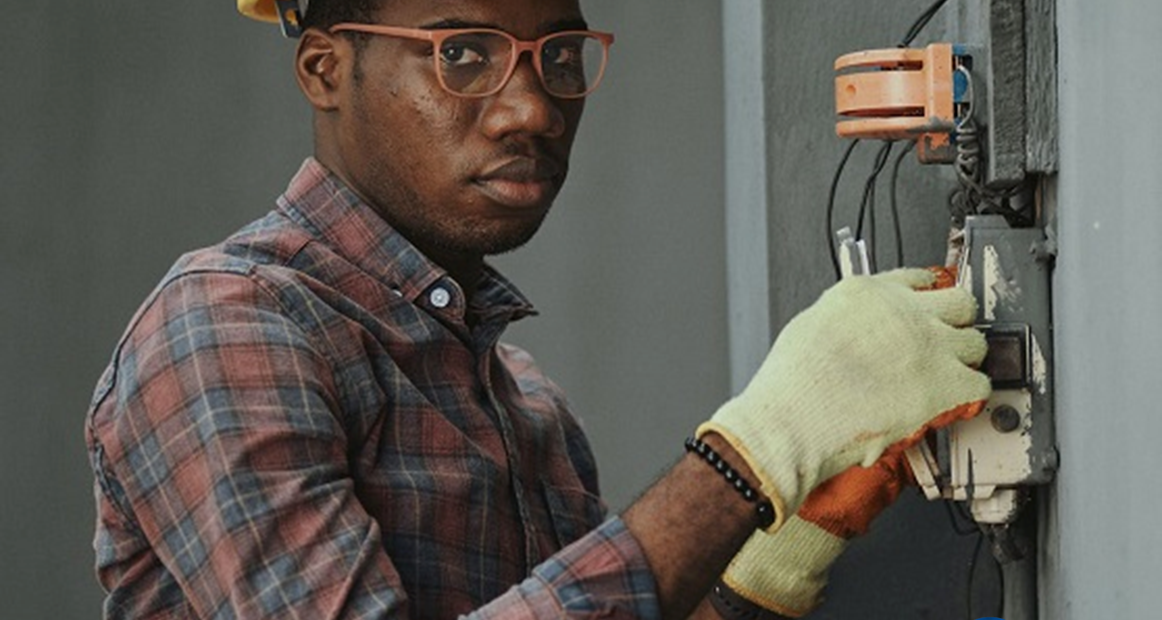Construction sites are a hub of activity, with complex electrical installations and power sources presenting potential dangers to workers. Prioritizing safety is paramount, especially when navigating intricate wiring and power systems. In this guide, we’ll delve into essential electrical construction safety tips, arming you with knowledge to minimize electric shock risks on the job.
Understanding Electrical Construction
Electrical construction involves the installation, assembly, and maintenance of electrical systems in various settings, including residential, commercial, and industrial buildings. This encompasses a spectrum of activities, from wiring and circuit installation to integrating specialized systems like fire alarms and security networks.
Identifying Electrical Hazards in Construction
Workers face several electrical hazards on construction sites, each requiring vigilant precautions:
- Contact With Live Wires: Accidental contact during activities like drilling or demolition can lead to electric shocks. Proper insulation and adherence to safety protocols are vital.
- Inadequate Grounding: Improper grounding can result in electrical charges, increasing the risk of shock. Never compromise on the integrity of grounding systems.
- Overhead Power Lines: Working near overhead lines demands extreme caution. Maintain a safe distance to prevent severe burns or electrocution.
- Temporary Power Systems: Faulty setups can introduce hazards. Regular inspection and maintenance are crucial to prevent electric shock risks.
- Damaged or Exposed Wiring: Harsh construction environments can damage wiring. Regular inspection and prompt repair are essential to prevent hazards.
- Wet Conditions: Operating electrical equipment in wet conditions increases the risk of accidents. Avoid usage in such scenarios.
- Damaged Insulation: Faulty insulation poses a significant hazard. Vigilance and prompt reporting are essential for maintaining a safe working environment.
- Inadequate PPE: Improper use of personal protective equipment exposes workers to greater risks. Always use insulated gloves, safety boots, and helmets.
- Insufficient Training: Lack of awareness and training contributes to increased electrical accidents. Proper training is crucial for mitigating risks.
- Working at Heights: Working close to power lines demands proper clearance and safety measures to prevent electric shock incidents.
- Inadequate Lockout/Tagout Procedures: Following Lock Out Tag Out (LOTO) procedures is imperative during maintenance or repairs to prevent unexpected energization.
Electrical Safety Tips for Construction Workers
Implementing safety precautions is crucial to minimize electrical hazards:
- Avoid Water Contact: Keep electrical devices away from water sources and operate them with dry hands.
- Inspect Cords and Plugs: Regularly check for damage and replace frayed cords immediately.
- Properly Store Cables: Use cable management solutions to prevent tripping hazards.
- Use Appropriate Wattage: Ensure light bulbs and appliances use the recommended wattage.
- Unplug When Not in Use: Prevent electrical malfunctions and save energy by unplugging unused devices.
- Use Safety Equipment: Wear appropriate PPE when working with electricity.
- Use Testing Equipment: Utilize approved testing equipment to assess electrical risk accurately.
- Regular Inspections: Schedule periodic inspections by professionals to identify and address potential hazards.
- Provide OSHA Construction Training: Comprehensive training programs by OSHA equip workers with knowledge about potential hazards and safety procedures.
Conclusion
Electrical safety is a shared responsibility. Construction workers and employers must prioritize comprehensive training to prevent electrical accidents. Stay safe, secure, and informed on your construction site journey.





